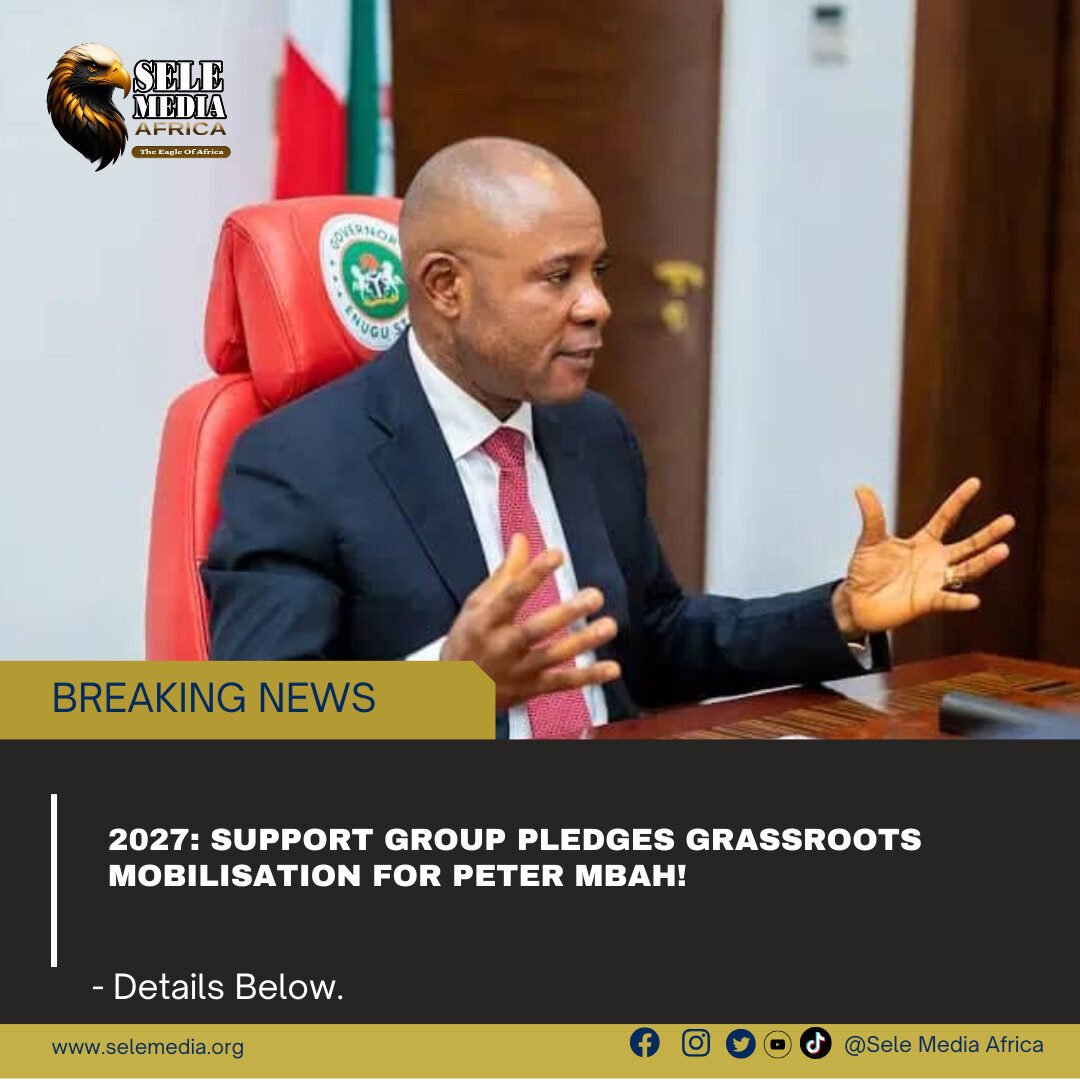
In the vibrant and culturally rich landscape of Plateau State, fondly called the “Home of Peace and Tourism,” language is as dynamic as the city of Jos itself. Always evolving, the local lexicon is a tapestry woven from English, Nigerian Pidgin, Hausa, and a multitude of indigenous languages. The latest thread to add its unique colour to this tapestry is the increasingly popular slang: “Amin nei.”

For the uninitiated, hearing it for the first time might be confusing. But for anyone in or from J-Town, this two-word phrase is a powerful and definitive stamp of approval.
What Does “Amin Nei” Mean?
At its core, “Amin nei” is a profound and emphatic expression of agreement. To understand it, you have to break it down:
* Amin: This is the Hausa/Arabic word for “Amen,” universally understood across Northern Nigeria and beyond. It signifies agreement, acceptance, and a hope for something to be so.
* Nei: This is where the unique Jos flavour comes in. “Nei” is a word from indigenous Plateau languages, most notably Berom, which means “like this” or “in this manner.”
When you combine them, “Amin nei” literally translates to “Amen, just like this.”
It’s far more potent than a simple “yes” or “I agree.” It’s an affirmation that says, “What you have just said is so perfectly, completely, and accurately true that I seal it with a prayer. Let it be exactly as you’ve described.” It’s the ultimate co-sign.
How It’s Used in Conversation
“Amin nei” is versatile. It can be used to respond to a profound statement, a heartfelt prayer, a perfectly laid-out plan, or even a funny but accurate observation.
Example 1: Responding to a wise statement.
* Person A: “My brother, for this life, na person wey get peace of mind get everything.” (My brother, in this life, the person with peace of mind has everything.)
* Person B: (Nodding slowly) “Amin nei. You talk am finish.” (That is the absolute truth. You’ve said it all.)
Example 2: Agreeing to a plan.
* Person A: “So we go first reach terminus, buy potatoes, then branch Wildlife Park before we head back home. How you see am?” (So we’ll first get to Terminus, buy potatoes, then visit the Wildlife Park before we head back home. What do you think?)
* Person B: “Amin nei! The plan set die.” (Perfect! The plan is solidly set.)
Example 3: In response to a prayer or good wish.
* Person A: “I pray say this business wey you start go bring plenty favour your way.” (I pray this business you’ve started brings a lot of favour your way.)
* Person B: “Amin nei! From your mouth to God’s ears.”
The Rise of a Local Identity Marker
The growing popularity of “Amin nei” speaks to the unique cultural fusion of Jos. It’s a phrase that could only have been born here, where the influence of Hausa culture intermingles seamlessly with the proud heritage of the state’s indigenous peoples.
It serves as a cultural identifier. Using it signals that you are not just a visitor, but someone who understands the rhythm and soul of the city. It’s a hallmark of the J-Town identity—cool, calm, and deeply expressive.
In a place known for its laid-back and reflective nature, “Amin nei” is the perfect linguistic tool. It’s not loud or aggressive; it’s a confident, final, and deeply felt affirmation. It ends a point of discussion not with an argument, but with shared understanding. And in the Home of Peace and Tourism, what could be more fitting?
About The Author
Discover more from Sele Media Africa
Subscribe to get the latest posts sent to your email.







